Choosing the best laptop for school can significantly enhance a student's learning experience by providing them with reliable technology that meets their academic needs. The market offers a myriad of outstanding brands, each boasting distinctive features tailored for educational purposes. With advancements in processing power, battery life, and durability, these laptops cater to a range of study areas and personal preferences. To help you make an informed decision, we've compiled a list of top brands renowned for delivering high-quality school laptops below.
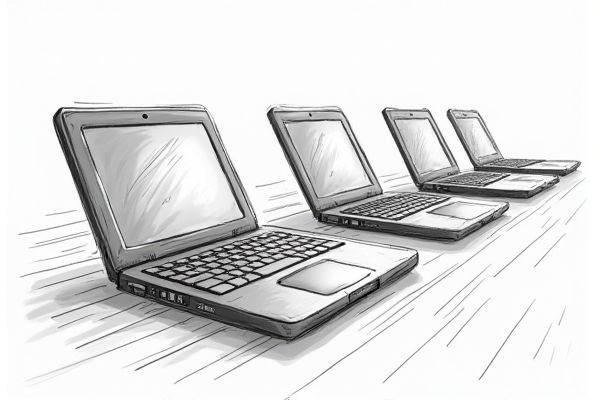
Illustration of school laptops
Best brands of school laptops in 2025
Apple
Apple, although facing competition, remains a significant player in the education market, particularly among U.S. college students, where 27% of student-owned notebooks were Macs in 2010, and 47% of students planned to purchase a Mac for their next laptop. However, in the K-12 sector, Apple's market share has declined, with iOS dropping to 14% and macOS to 5% in 2016, as Chrome OS gained dominance with a 58% market share. For more details on Apple's efforts in the educational sector, visit their education page.
Dell
Dell is a leading producer of school laptops, known for its reliable and high-performance devices. In 2023, Dell held a significant 17.4% global market share in laptop shipments, with a projected increase to 26.7% by the end of the year. The company's laptops, such as the Inspiron and Latitude series, are popular choices for educational institutions due to their durability and advanced features. Dell's market presence is further strengthened by its strategic partnerships and government contracts, particularly in the United States and Canada. With a strong focus on innovation and customer satisfaction, Dell continues to be a preferred brand for educational needs. For more information, visit their official website.
HP
HP is one of the leading producers of school laptops, known for its reliable and feature-rich models. In 2018, HP held a significant 21.7% market share in the global laptop market, with popular models like Envy, Elitebook, and Pavilion being favorites among students and educators. HP's dominance in North America's PC industry further solidifies its position as a top choice for educational institutions. The company's laptops are often preferred for their durability and performance, making them ideal for both classroom and home use. With a strong presence in the market, HP continues to be a trusted brand for educational technology needs. Discover more insights about HP's market share in the laptop industry.
Lenovo
Lenovo stands as a leading producer of school laptops, boasting a significant market share of 24% in the global laptop market as of 2023. Known for its durable and feature-rich ThinkPad series, Lenovo has shipped over 100 million ThinkPad units since its inception, with models like the ThinkPad X1 Carbon and ThinkPad T470 being popular choices for educational purposes. Lenovo's acquisition of IBM's PC business in 2005 enhanced its manufacturing technology and global sales channels, contributing to its dominance. The brand's laptops are favored for their reliability and superior keyboard quality, as highlighted in various awards and reviews. With a strong presence in North America and a growing global market share, Lenovo remains a top choice for school laptops.
Acer
Acer is a leading producer of school laptops, boasting a significant market share of approximately 6.9% in the global PC market as of 2023. The company's strong presence in the education sector, particularly with its Chromebook offerings, has been crucial in maintaining this market share. Acer's revenue in 2023 was around $10.5 billion, with a modest growth of 3% driven by robust performance in the laptop and Chromebook segments. The company is expected to increase its market share to 7.2% in 2024, fueled by innovation and strategic partnerships. Acer's commitment to sustainability is also evident in products like the Aspire Vero, which uses post-consumer recycled materials and reduces CO2 emissions.
ASUS
ASUS is a renowned brand for school laptops, offering a wide range of products that cater to various needs. With a 9% global market share in the laptop industry as of 2024, ASUS is a significant player. In the past, ASUS has dominated the gaming laptop market, holding a 40% global market share in 2016, which is more than the combined share of its three major competitors. Their laptops, such as the Zenbook and Vivobook series, are known for excellent performance, sleek designs, and affordability, making them ideal for students. Additionally, ASUS invests heavily in R&D, allocating at least 2% of revenue and 10% of headcount to innovation, ensuring their products stay cutting-edge. For more information on their range of school laptops, explore the official ASUS laptop page.
Microsoft
Microsoft stands as a leading producer of school laptops, having increased its market share in the education sector from 47% to 55% between 2014 and 2015, according to Futuresource Consulting. Despite strong competition from Google’s Chromebooks, which dominated the U.S. K-12 market with a 59.8% share in 2017, Microsoft has been gaining ground with its Windows-based devices and innovative educational offerings, including Windows 10 and Surface devices. Microsoft's strategy includes offering lower-priced notebooks and enhancing management capabilities, making it a strong contender in the sub $300 category. The company’s investments in education technology, such as Intune for education and MS Teams, have also contributed to its growth. As of 2023, Microsoft holds an 8.5% market share in the global education software market, leading among the top 10 vendors. For more detailed insights, visit their educational technology study.
Samsung
Samsung is a notable player in the laptop market, particularly for school laptops, with a global market share of 2% as of 2023. Although this is part of a broader 13.9% share when combined with other companies like Toshiba, MSI, and Microsoft, it highlights Samsung's influence in providing quality computing solutions tailored for educational purposes.
Google's Chromebook has emerged as a leading choice for school laptops, capturing a significant 51% market share in the K-12 sector in the third quarter, according to Futuresource Consulting. This dominance is attributed to the Chromebook's web-based operating system, ease of use, IT manageability, and an affordable price range of $200 to $300. Chromebooks have facilitated blended learning in schools with tight budgets, making them a viable option for bulk tech purchases. The market share of Chromebooks has increased from 40% to 51%, while Apple products have declined to 24% from 32%. For more insights, check out the article on Chromebook's rise in the education market.
Chromebook
Chromebooks have emerged as a dominant force in the education market, with sales surpassing 51% in the K-12 sector in the third quarter, according to Futuresource Consulting. This surge is attributed to their low cost, ease of use, and IT manageability, with prices ranging from $200 to $300. Despite shortages, Chromebooks continued to gain market share, with IDC predicting a 39% rise in sales to nearly 13 million units in 2020. In Q2 of 2023, Chromebook shipments saw a 1.2% year-on-year growth, with 5.861 million units sold, largely driven by strong demand in the US education sector. For more information, visit their Chromebook page.










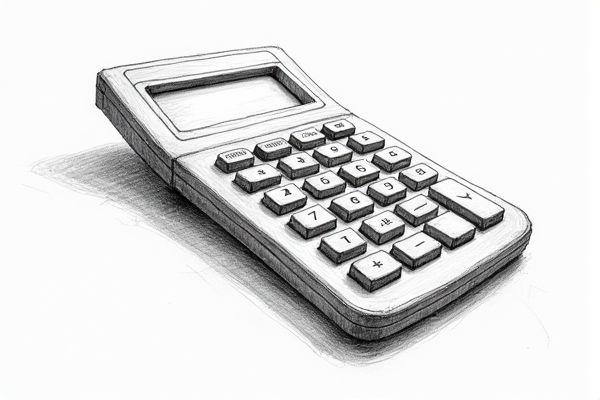

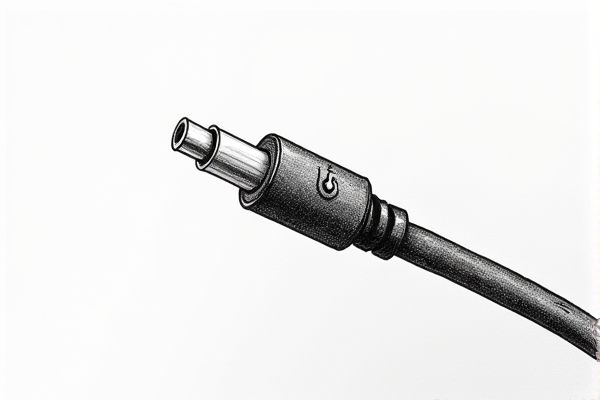
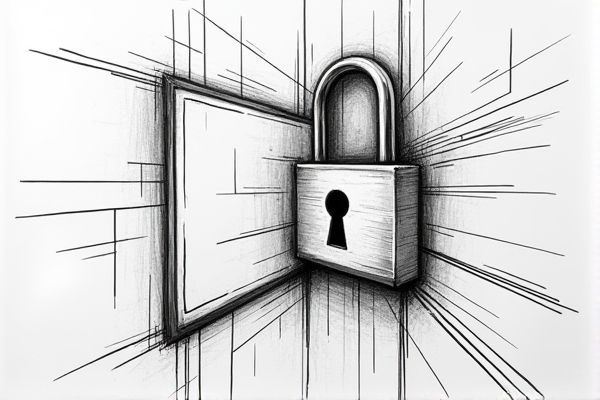
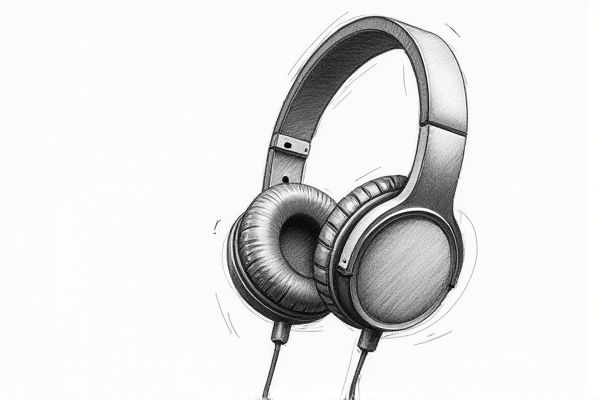
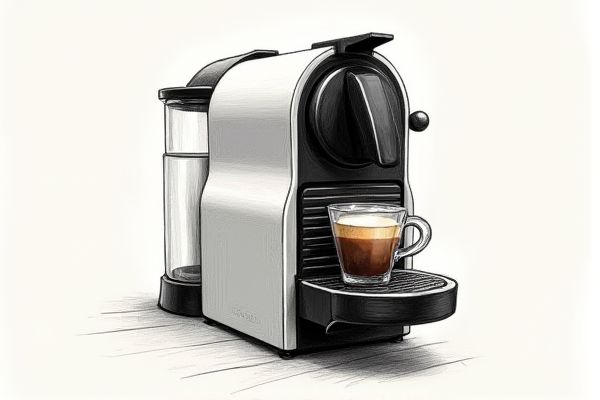
Leave a Reply
Your email address will not be published.